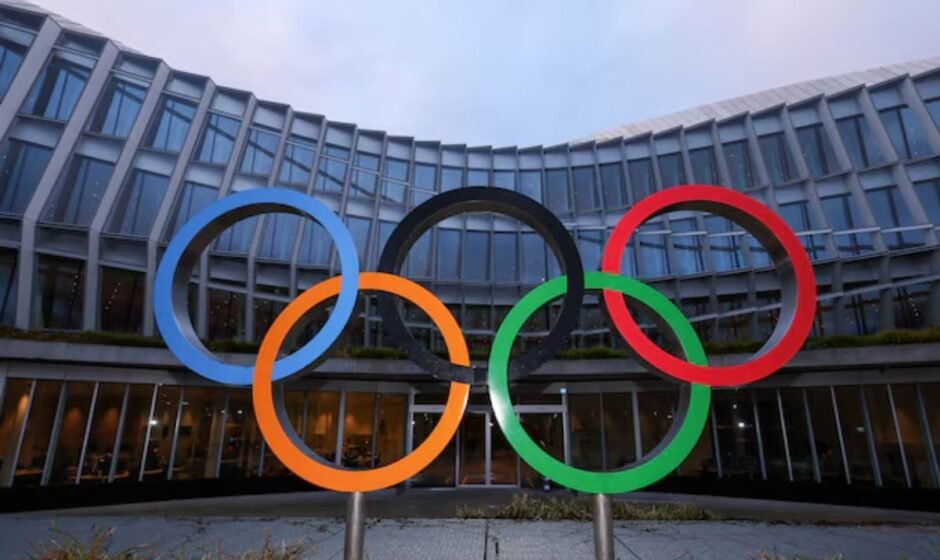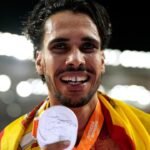A Closer Look at the IOC Presidency Race: Candidates’ Key Manifestos
With the International Olympic Committee (IOC) preparing to elect a new president in March, the manifestos of the seven candidates aiming to succeed Thomas Bach have been published. Each candidate brings unique qualifications and visions for the future of the Olympic Movement. Here’s a detailed look at their key proposals:
Sebastian Coe (British, 68)
- Background: President of World Athletics, double Olympic gold medalist, and key figure in organizing the 2012 London Olympics.
- Key Points:
- Advocates reforming decision-making processes to make them more inclusive and reduce centralized power.
- Stresses the importance of leveraging sport as a tool for societal impact.
- Supports clear policies to protect women’s categories in sports.
- Describes the presidency as a role he has prepared for his entire life, expressing a commitment to improving the organization.
Prince Feisal Al Hussein (Jordanian, 61)
- Background: President of the Jordan Olympic Committee and a military leader with global sports experience.
- Key Points:
- Suggests revising the sporting calendar due to climate change, allowing more host cities to bid for the Olympics.
- Promotes daily youth engagement through esports and AI integration in sports.
- Believes leadership should be built on listening and collective wisdom.
Juan Antonio Samaranch Jr. (Spanish, 65)
- Background: Son of a former IOC president and an experienced sports administrator.
- Key Points:
- Proposes extending IOC members’ retirement age to 75 to retain experience.
- Advocates protecting women’s sports with clear category distinctions.
- Suggests creating a $1 billion investment fund for IOC projects with minimal risk.
Kirsty Coventry (Zimbabwean, 41)
- Background: Former chairperson of the IOC Athlete Commission, seven-time Olympic swimming medalist, and current Zimbabwean Minister of Sports.
- Key Points:
- Emphasizes athletes’ mental health, sustainability, and zero tolerance for doping and corruption.
- Believes in the transformative power of sport to unite a divided world.
Johan Eliasch (Swedish-British, 62)
- Background: President of the International Ski Federation and former special representative of the UK Prime Minister.
- Key Points:
- Calls for gender equity and clear guidelines for sports categories.
- Advocates for esports as a way to engage younger generations.
- Proposes a more businesslike approach to managing IOC resources and operations.
David Lappartient (French, 51)
- Background: President of the Union Cycliste Internationale and the French Olympic and Sports Committee.
- Key Points:
- Supports holding the Olympic Games in Africa and achieving gender parity in IOC membership by 2036.
- Advocates for a reduction in commissions to enhance efficiency.
- Plans to strengthen doping research funding and introduce clearer criteria for new sports.
Morinari Watanabe (Japanese, 65)
- Background: President of the International Gymnastics Federation and experienced global sports leader.
- Key Points:
- Proposes hosting the Olympics across five continents simultaneously, showcasing sports around the clock.
- Suggests extending the IOC President’s term to 12 years.
- Advocates using IOC members’ expertise to address diverse global challenges.
The election will determine the direction of the Olympic Movement, with candidates offering diverse ideas to modernize, globalize, and sustain the organization’s impact. Each manifesto reflects the unique vision and leadership style of the candidates, setting the stage for a pivotal decision in March.



